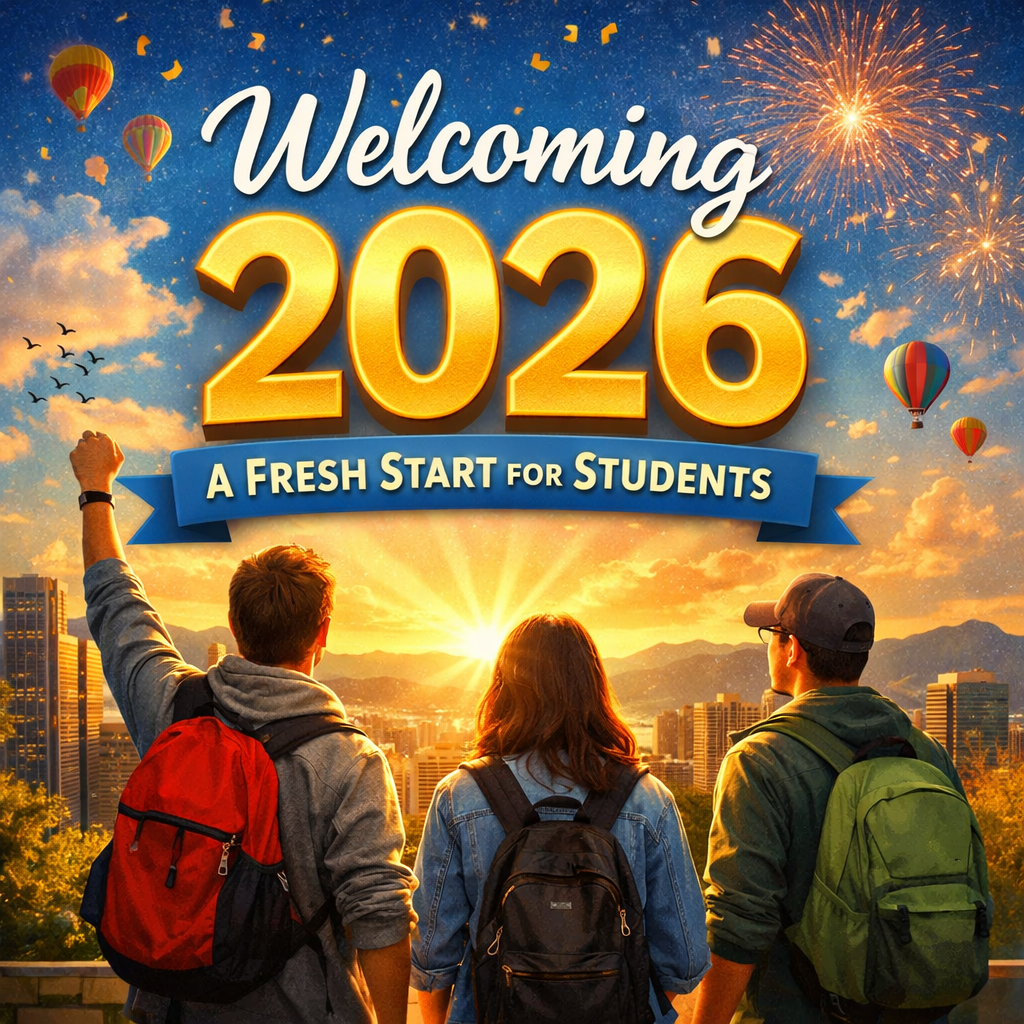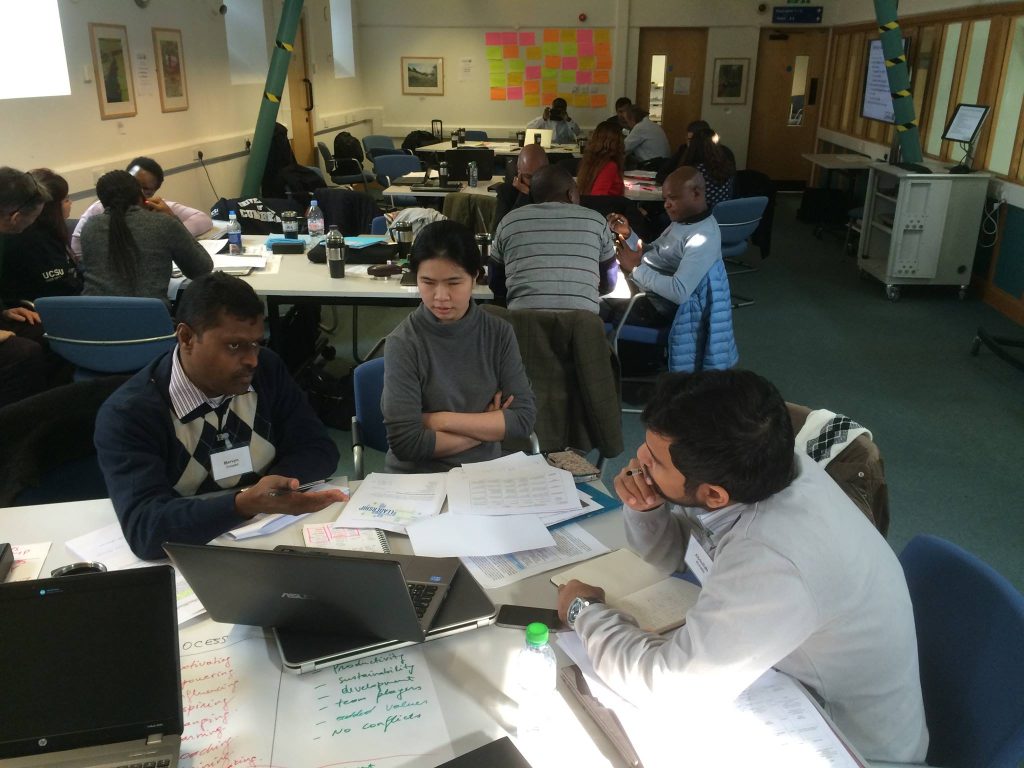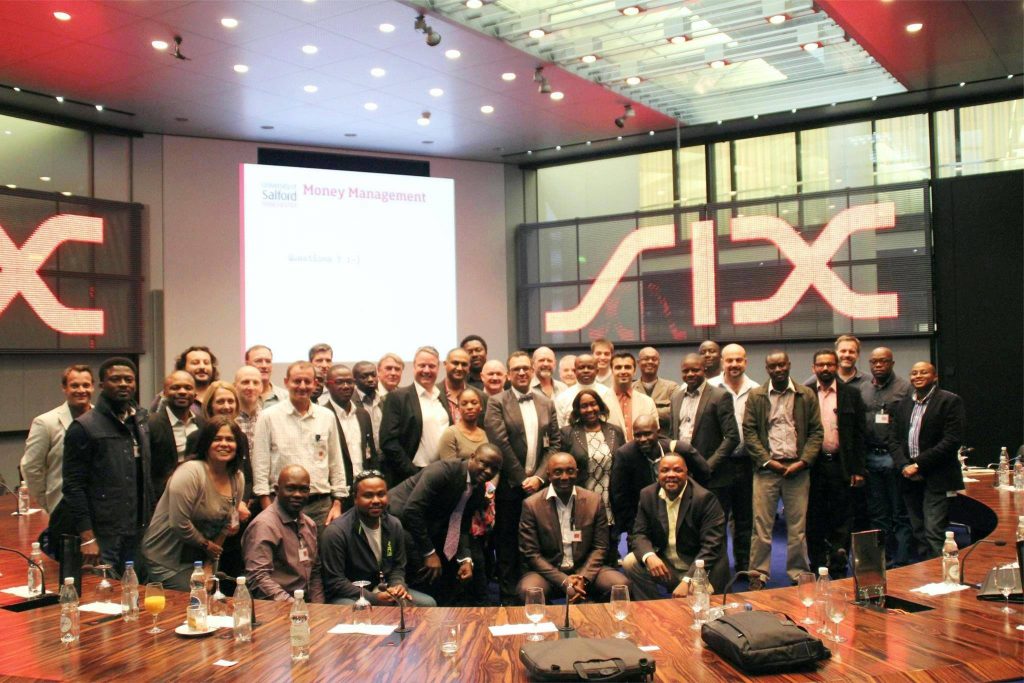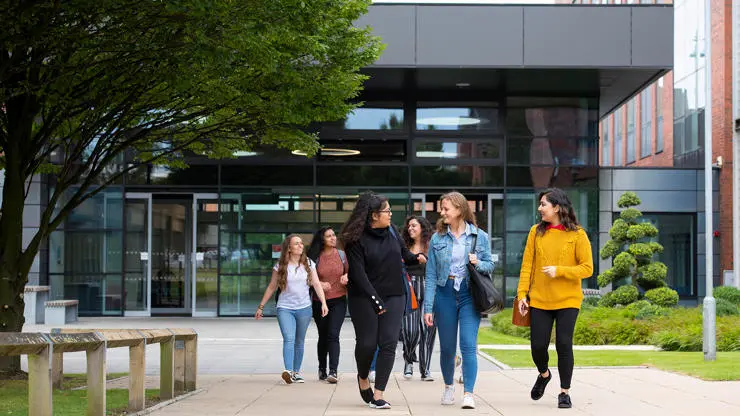In today’s competitive job market, standing out is more important than ever. For students and graduates of Robert Kennedy College (RKC), the flexibility and global reach of an online degree are truly valuable assets—yet employers may not immediately see their value. The key lies in how you showcase your qualifications. By presenting your online degree compellingly, you can transform it from a simple line on your résumé into a powerful story of resilience, adaptability, and international perspective.

Let’s explore some practical strategies to help you highlight your RKC degree when applying for jobs so that employers can appreciate the full value of your education.
1. Reframe Your Story: Online Learning as a Strength
Many worry that online degrees are perceived as less valuable than traditional ones. However, online learning demands discipline, good time management, and self-motivation—qualities highly valued by employers.
- Emphasise independence: Share how you managed your coursework alongside work or personal commitments, demonstrating initiative and responsibility.
- Highlight adaptability: Online learning mirrors today’s workplace, where remote teamwork and digital communication are commonplace.
- Show resilience: Completing a degree online proves you can succeed outside conventional settings—especially valuable in dynamic and evolving industries.
2. Highlight RKC’s Global Reach and Partnerships

RKC collaborates with reputable UK universities, offering degrees recognised worldwide. This is a significant advantage.
- Mention accreditation and partnerships: Employers appreciate degrees from established institutions.
- Emphasise diversity: RKC’s students come from over 150 countries. Discuss how this international exposure has enhanced your cultural awareness and ability to work effectively in multicultural teams.
- Frame it as international experience: Even if you studied from home, your classmates and professors represented a global network.
3. Translate Your Online Learning Skills into Workplace Strengths
What truly matters to employers is the skills you have acquired. Online learning helps develop abilities directly applicable in today’s work environments.
- Digital communication: You have become proficient with tools such as Zoom, Teams, and online forums—skills essential for hybrid workplaces.
- Project management: Managing assignments, deadlines, and group projects demonstrates your organisational skills.
- Cross-cultural collaboration: Working with peers from around the world fosters empathy and global business insights.
4. Tell Your Story in Applications and Interviews
Facts alone don’t persuade—stories do. Frame your online degree as part of your personal growth.
- Create a narrative: Explain why you chose online learning—be it for flexibility, international exposure, or career advancement.
- Demonstrate transformation: Share how earning your degree changed your perspective or improved your professional skills.
- Align with employer values: Tailor your story to match what the company values—such as innovation, global reach, or adaptability.
5. Leverage Networking Opportunities

Many believe online degrees lack networking potential, but with RKC’s global community, plenty of connections await.
- Engage with alumni: Connect on LinkedIn, join RKC groups, and showcase your involvement.
- Highlight collaborations: Employers love teamwork—emphasise group projects or discussions with international peers.
- Stay active: Share insights from your studies on professional platforms to demonstrate thought leadership.
6. Present Your Degree Professionally on Your Résumé
How you list your degree makes a difference. Be clear, specific, and confident.
Example:
MBA/MSc/PhD/DBA/BBA, Robert Kennedy College in partnership with the University of *********
- Add context: Mention if your degree was obtained online, but focus on skills and achievements.
- Include accomplishments: Highlight distinctions, research projects, or capstone work.
7. Show Your Commitment to Continuous Learning
Employers value candidates who continue to grow professionally.
- Add certifications: Include short courses, workshops, or other professional development activities.
- Show curiosity: Demonstrate a genuine interest in learning new things.
- Connect to industry trends: For example, if you studied business, mention exploring topics like digital transformation, AI, or sustainability.
8. Use Digital Platforms to Promote Your Degree

Your online presence reflects your personal brand. Ensure your degree is well represented.
- LinkedIn: List your degree clearly, join RKC alumni groups, and share your learning experiences.
- Portfolio: If your coursework included projects, create an online portfolio to showcase your work.
- Personal branding: Write blogs or articles sharing insights from your studies, establishing yourself as a thought leader.
9. Believe in Your Degree and Show Confidence
How you discuss your degree makes a significant difference. Present it confidently, and others will recognise its value.
- Avoid minimising it: Never say “just an online degree.”
- Be proud: Your RKC qualification is rigorous, recognised internationally, taught by highly qualified faculty and highly respected.
- Own your journey: Employers respond well to candidates who genuinely believe in their worth.
Promoting your online degree involves changing perceptions and emphasising its unique strengths. For RKC students and graduates, the combination of international exposure, digital teamwork, and self-motivation creates a compelling profile. By confidently sharing your degree, aligning it with employers’ needs, and showcasing your skills, you can turn your online education into a real career advantage.
Remember: Your degree isn’t just proof of academic achievement—it’s a testament to your adaptability, resilience, and global outlook. And in today’s workplace, those qualities are exactly what employers are searching for.
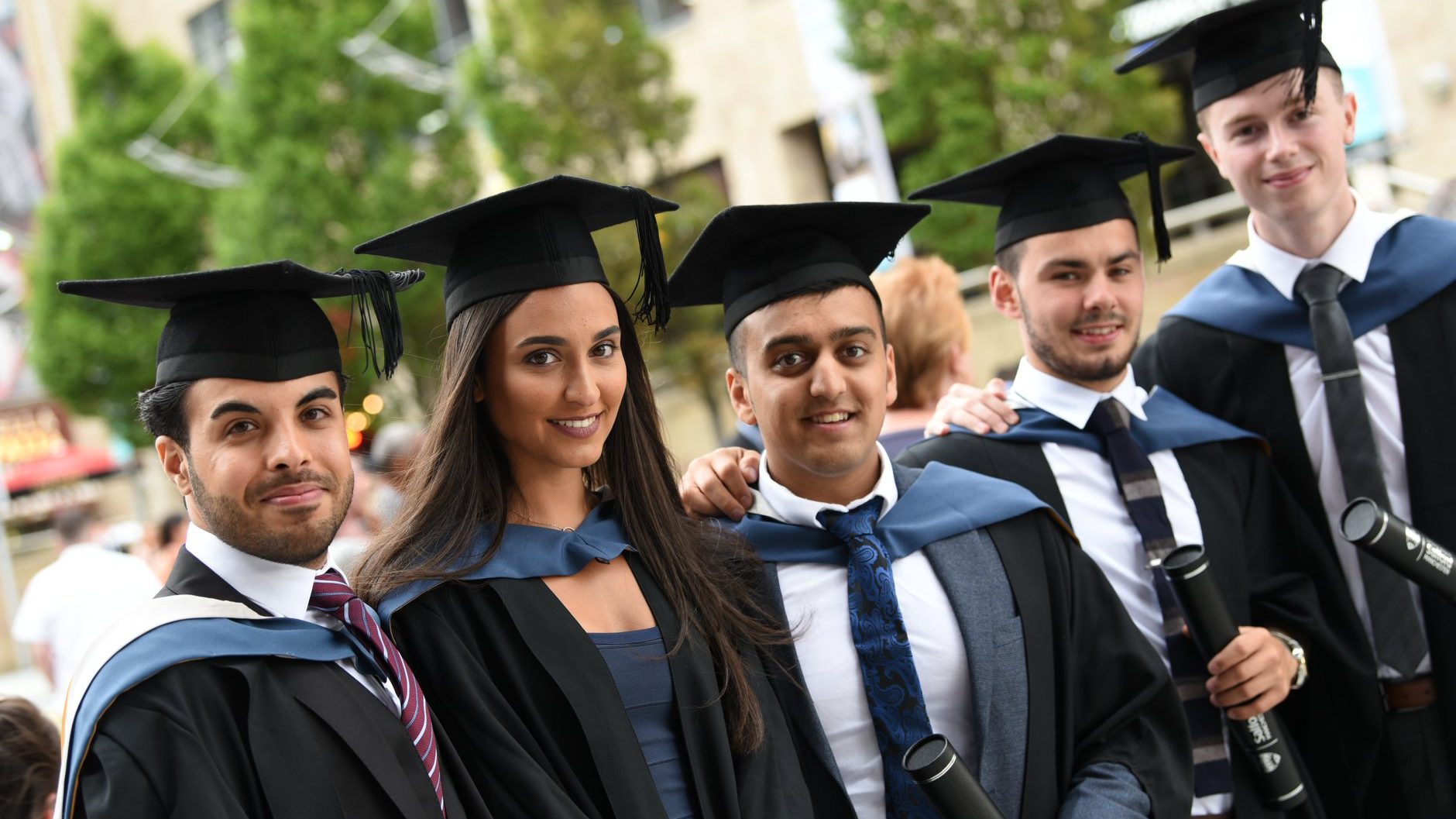
Choosing the right online master’s degree — such as those offered by RKC — allows you to start transforming your capabilities today. Whether your goal is to lead digital transformation in your organisation, develop an entrepreneurial venture, or move into a strategic role in a global company, the path is clear: improve remote collaboration skills, increase AI literacy, base your decisions on data, and enhance cultural agility. If you’re ready to lead in the digital economy — not just keep up — explore RKC’s programmes, connect with our advisors, and take the next step in your leadership journey.









